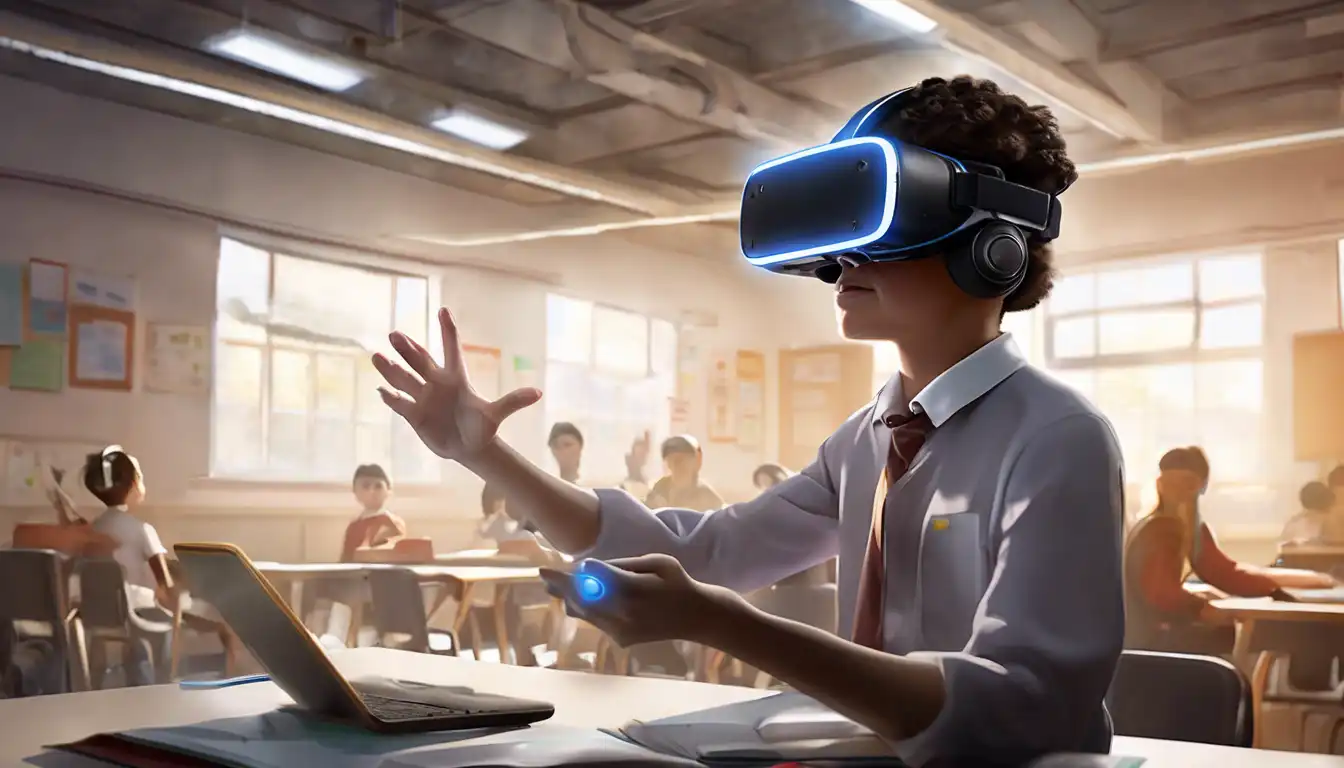The Transformative Impact of Virtual Reality on Learning and Skill Development
Virtual Reality (VR) technology has been making waves across various sectors, but its potential in education and training is particularly groundbreaking. By creating immersive, interactive environments, VR offers unparalleled opportunities for experiential learning and skill acquisition. This article delves into how VR is reshaping the educational landscape and professional training programs.
Immersive Learning Experiences
One of the most significant advantages of VR in education is its ability to simulate real-world environments. Students can explore historical sites, dissect virtual frogs, or even travel through the human bloodstream, all from the safety of their classroom. This level of immersion enhances understanding and retention, making learning more engaging and effective.
Enhanced Professional Training
Beyond traditional education, VR is revolutionizing professional training. From medical students performing virtual surgeries to pilots training in flight simulators, VR provides a risk-free platform to practice and hone skills. This not only improves competency but also significantly reduces training costs and resources.
Accessibility and Inclusivity
VR technology has the potential to make education more accessible and inclusive. Students with physical disabilities or those in remote locations can experience the same quality of education as their peers. Virtual classrooms can bridge geographical gaps, bringing world-class education to every corner of the globe.
Challenges and Considerations
Despite its benefits, the integration of VR in education and training is not without challenges. The cost of VR equipment and the need for technical support can be prohibitive for some institutions. Additionally, there is a learning curve associated with using VR technology, which may require additional training for educators and trainers.
Looking ahead, the potential of VR in education and training is immense. As technology advances and becomes more affordable, we can expect to see VR becoming a staple in classrooms and training programs worldwide. The key to successful implementation lies in addressing the current challenges and leveraging VR's capabilities to enhance learning and skill development.
For more insights into how technology is transforming education, check out our articles on the future of e-learning and innovative tools for modern educators.
